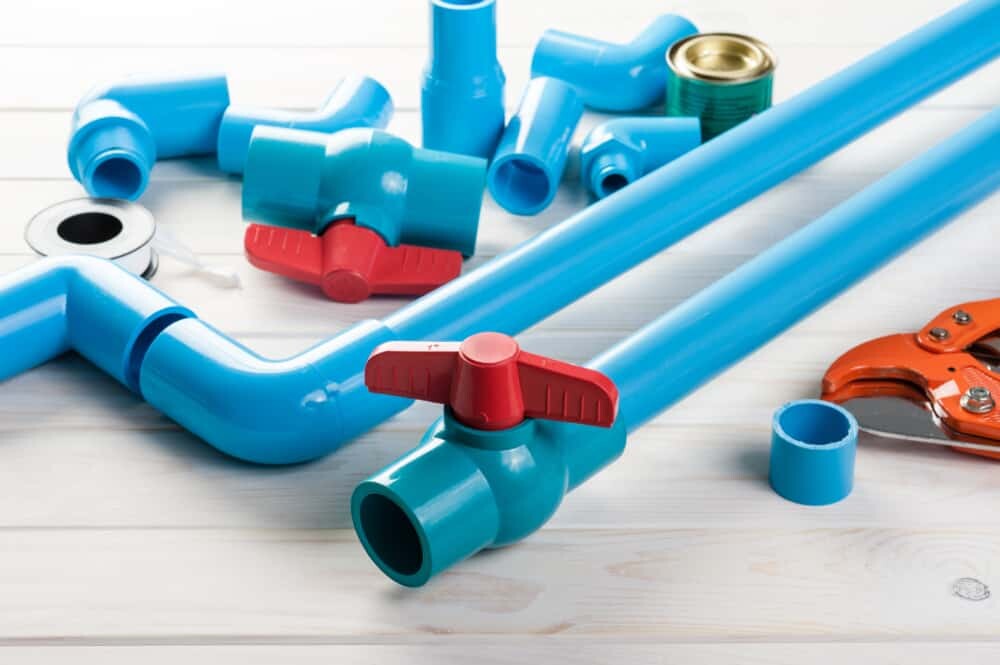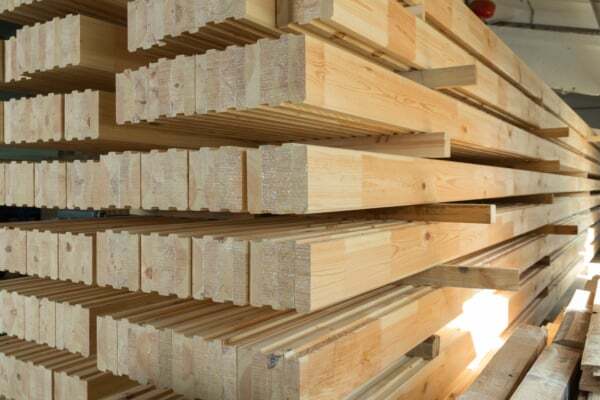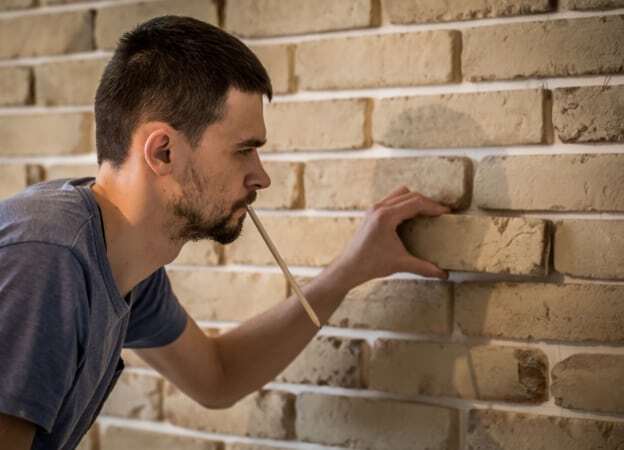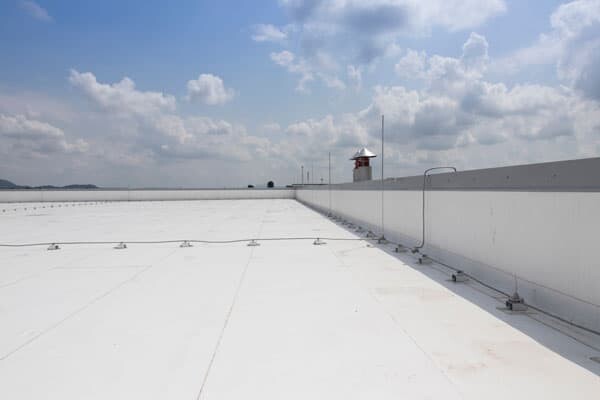Industrial chemical resistant sealant and adhesive systems
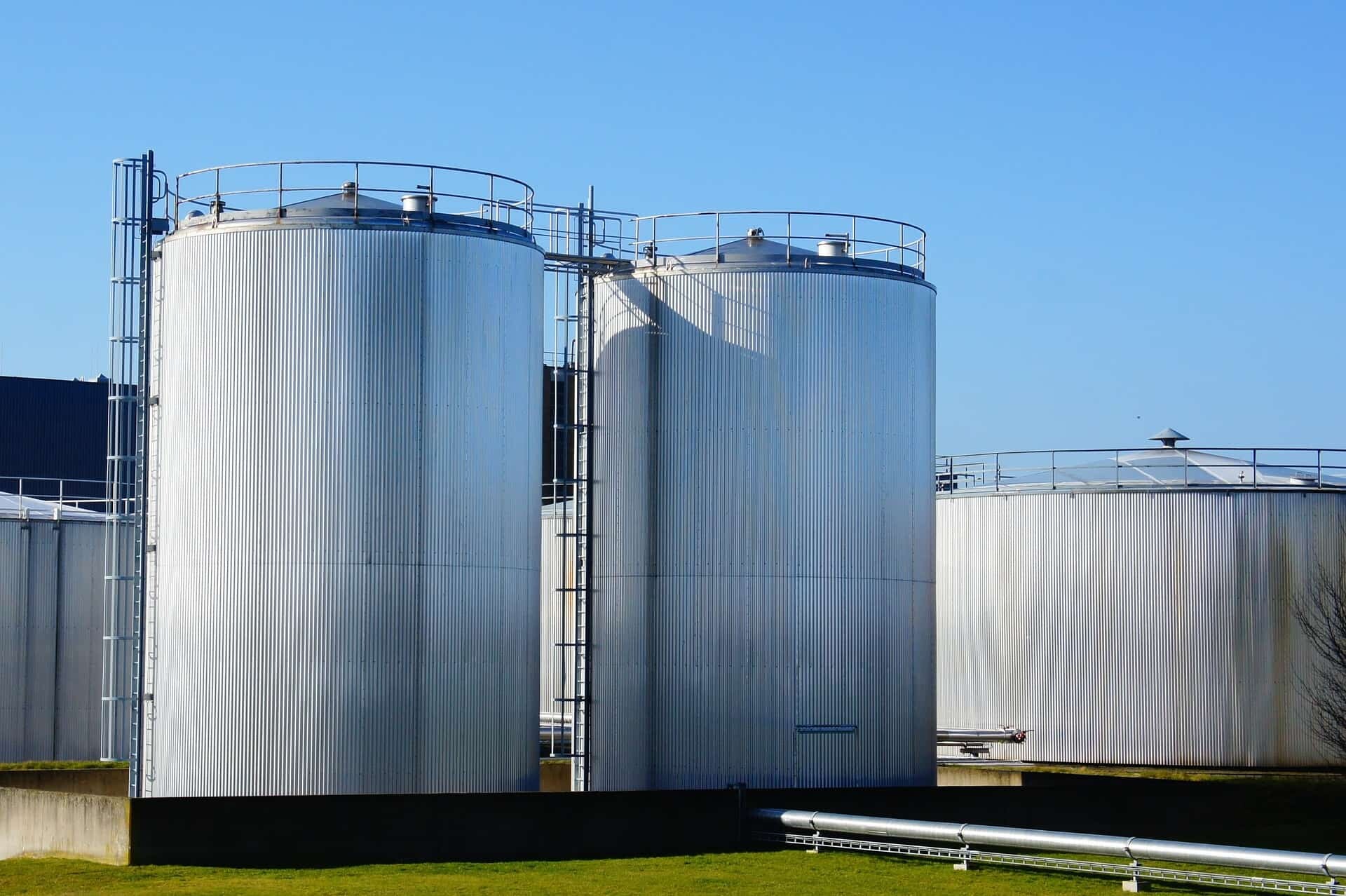
About chemical resistant sealant and adhesive solutions
Chemicals such as acids, fuels and alkalis are present in many environments for example in the petrochemical, biochemical and food processing industries. In these environments it is of high importance that the chemicals being processed or worked with do not get to contaminate the soil and do not contribute to contamination of other products. Therefore, products such as chemical resistant sealant, adhesive and coating are necessary for example in chemical processing plants, chemical piping and tanks as well as sewer systems.
In this article we will take a closer look at defining the right chemical resistant sealants, adhesives or coatings based on the operating environment´s requirements. Here you will also find the common certificates required of chemically resistant seals and bonds as well as application possibilities.
Application requiring chemical resistant bonding and sealing
The petrochemical and biochemical industries require 100% watertight and liquid proof systems that resist a wide range of chemicals. The chemical resistant sealants, adhesives and other products are suitable for many applications. Here we will look closer at four of them:
1. Sealing liquid repellent and impermeable floors
Locations where hazardous chemicals are used or processed require a flooring system that is immune to the chemicals and prevents soil contamination. Tank storage areas, gas stations and chemical processing plants as well as battery rooms. The flooring further requires sealants to make sure nothing gets pass the floor. Both liquid repellent and impermeable floors can be sealed.
Depending on the floor type, the chemical resistant sealant for floors is used in the seams, floor joints and joints between walls and floors to prevent soil contamination and sacking of the floor. Not only do these seals protect the environment but also contribute to the area’s aesthetics: some sealants are available in different colors whereas others can be painted to reach the wished end result.
Example solutions: permanently elastic MS polymer systems, self leveling one component MS polymer systems, 2K self leveling crack fillers on epoxy polysulfide basis (sealing and repair of concrete floors).
2. Chemical resistant sealants for storage tanks, basins and silos
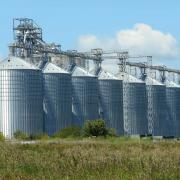
Tanks, silos and basins that store liquids or solids must be absolutely leak-proof. This is where sealants and adhesives come into play. Depending on what is stored in the container, the sealant must be chemical resistant, sometimes even for aggressive fluids and gases. Chemical and microorganism resistance is especially important for tanks used for storing waste water or compostable waste where fungi and bacteria may grow. Generally it is also paramount that no thermal or mechanical stress gets to affect the seals.
It is also crucial, especially in the food processing industry, that the sealant does not have an influence on the substance stored. Therefore, one should opt for products that are HACCP or ISEGA certified. More information on certification can be found later on in this article.
Example solutions: permanently elastic one component MS polymer based sealants, MS polymer sealants that are resistant to acids, fumes and other hazardous substances, polysulfide based 2K coatings that bridge cracks, remain elastic and are UV stable, thixotropic 2K polysulfide and epoxy polysulfide coatings. In case you need more information on sealing and bonding tanks, silos and basins, contact us and get tailored advice.
3. Bonding and sealing wells, sewers and separators
Next to tanks, silos and basins, other application where leakages are a no-go include wells, sewer systems and separators. A chemical resistant sealant can be used for example in pipes and separators which store or pass on liquids such as waste water.
These pipes and separators are usually protected with a coating, and the joints and seams are sealed with an appropriate sealant. The materials that are sealed with these products include concrete surfaces and PVC pipe installations. The proper sealing of the joints and seams is extremely important in preventing soil contamination and damage caused by leakages.
Example solutions: thixotropic 2K epoxy polysulfide coatings that bridge cracks and retain their strength when subject to severe temperature fluctuation.
4. Tricky seals in the chemical industry
Some applications of chemical resistant sealing and bonding systems need additional attention: these include for instance bridging joints and other seals especially in the chemical industry. The applications cover high movement and expansion joints, impermeable seals for floors that must bear heavy mechanical loads as well as membranes for under machinery and chemical installations.
Example solutions: highly flexible chemical resistant sealants, membrane seals, 2K self leveling polysulfide based sealants (for horizontal or vertical joints).
Guarantee the right chemical resistant sealant or adhesive
When choosing suitable materials for sealing and bonding, chemical resistance should get a great deal of the attention. It is not enough to know which chemicals are present in the environment, but the process includes more detailed factors as shown below.
- Chemicals and concentration: you should be aware of which chemicals are present in the environment and may affect the seal or bond. It is also important to know the concentration of the chemicals as it can be crucial for defining the right system.
- Exposure and time: when defining exposure, think of everything from occasional splashes to continuous immersion. Sometimes a chemical resistant sealant is resistant to immersion in the chemical, but not for immersion lasting forever.
- Temperature and mechanical load: thermal and mechanical loads may affect the chemical resistant product´s resistance. Usually the resistance weakens in elevated temperatures and under high mechanical stress.
Note that the more resistant the system, the higher the costs. However, a chemical resistant system is an investment that may save you from a lot of future maintenance and repair costs caused by malfunction.
CE and ISEGA - certified chemical resistant sealants
When it comes to chemical resistant sealing and bonding, the products can have several certificates and the must meet international and national standards. The ISEGA is the most important certificate that all products used in food processing should have. The CE marking, in turn, indicates compliance to crucial European standards.
- ISEGA: assurance that products are safe to be used in the preparation, processing, treatment, packing, transport and distribution of food. These products must have the lowest risk of contamination, and other hazards. Therefore, the ISEGA certification, together with HACCP, is crucial especially for chemical resistant sealant and adhesive products used in the food processing industry.
- CE marking: the CE mark shows that the product complies with directives and laws set by the European Union. For chemical resistant sealant products the CE marking is often based on two European standards: EN 14188, hot and cold applied sealants, and EN 15651, sealants for non-structural use in joints in buildings and pedestrian walkways.
Seal your project with chemical resistance
Is your production plant, storage area, tank, silo or sewer system in need of chemical resistant sealing, bonding or coating? Feel free to contact us for more information, custom advice, suitable products and training in the field of chemical resistant sealant and adhesive products. Our experts are happy to help with any enquiry you may have. Since January 2021, we have expanded our services to offer our assistance with coating issues. We offer you this service completely free of charge.
Discover more solutions for building & construction
What solution are you looking for?
We are specialized in the building and construction. Need the best products or advice? Then please leave your details and we will get in touch.
